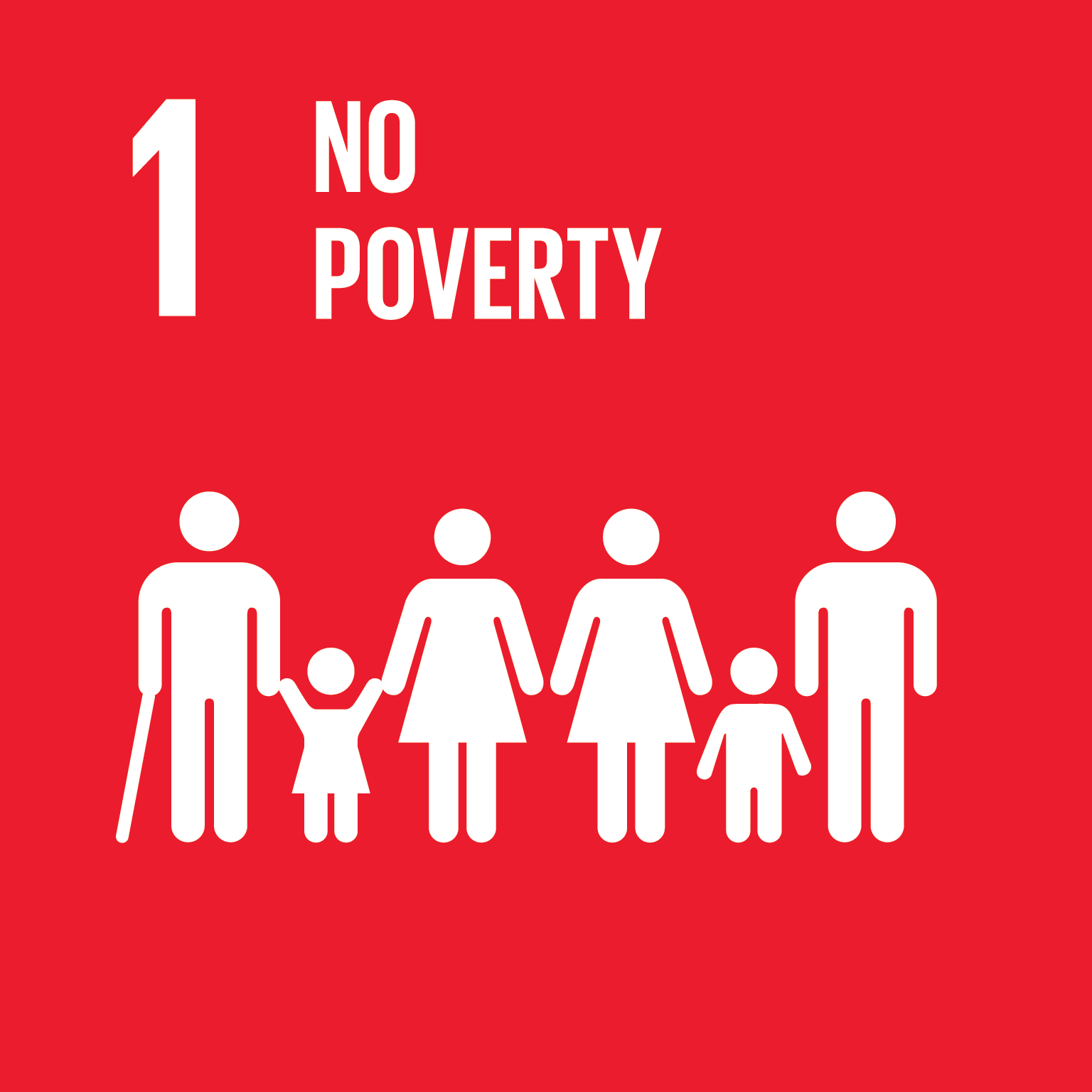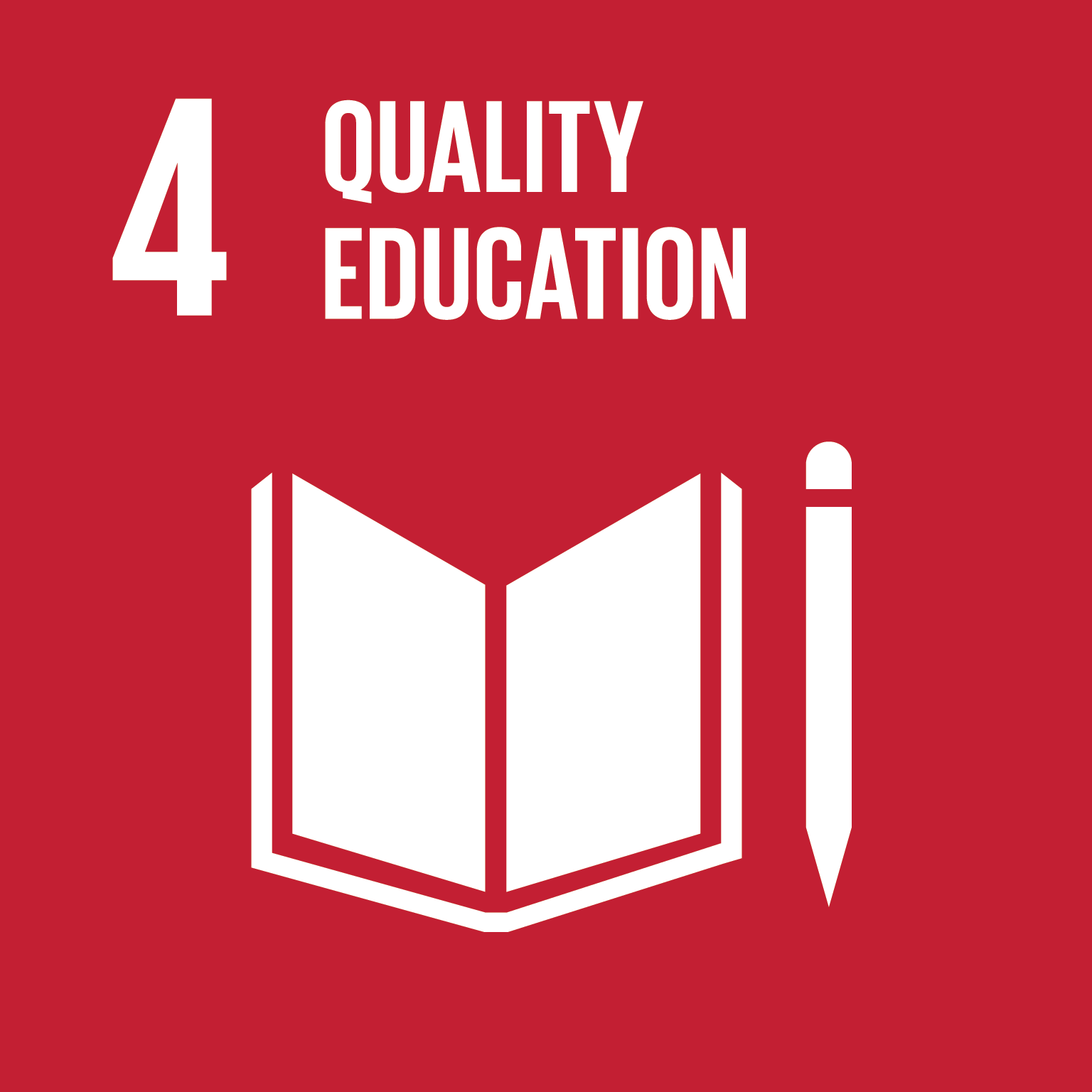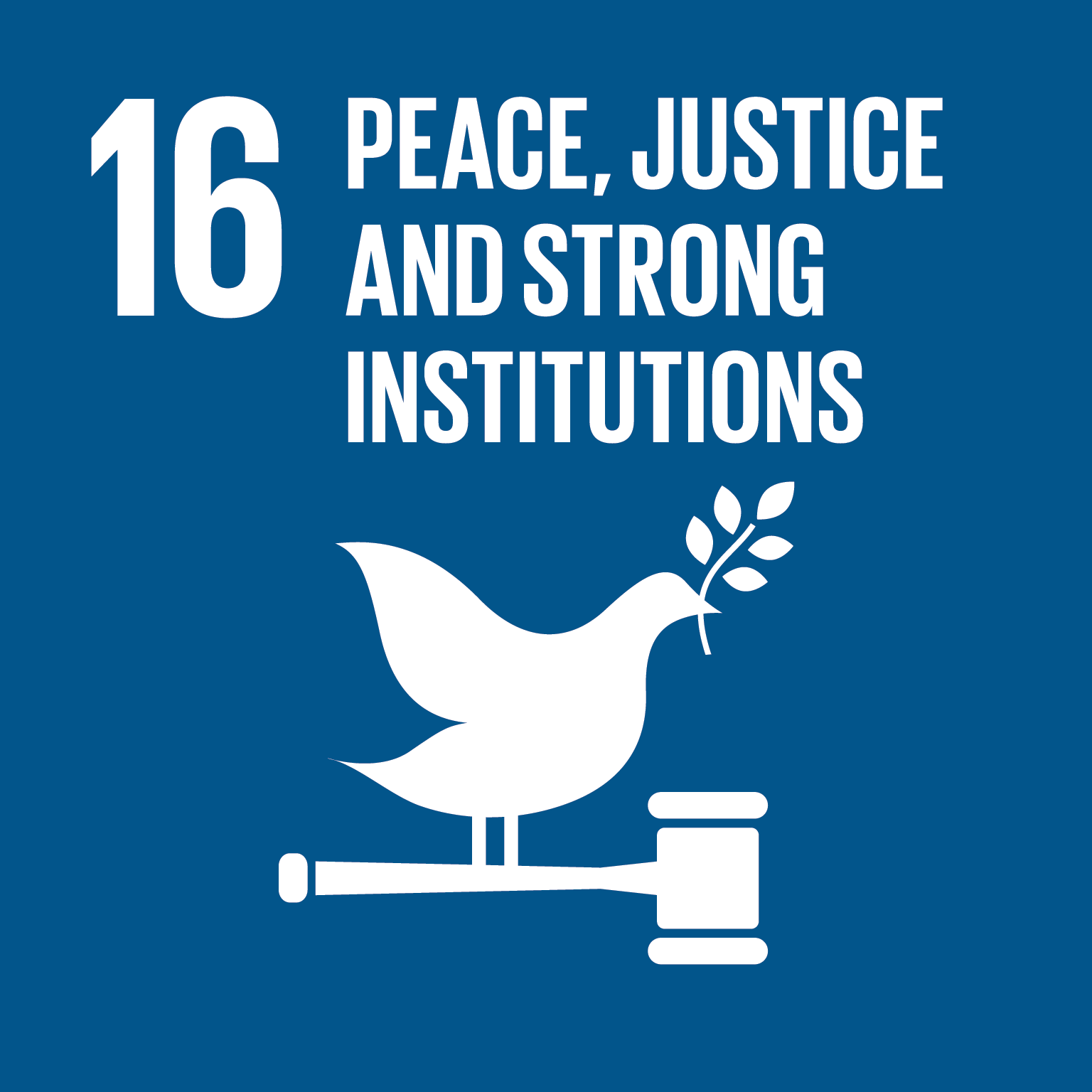The MA is designed to enable students to engage at a high level with critical debates within the history of medicine and welfare from the early modern period to the twentieth century.
Course Objectives include:
- You will acquire the practical and conceptual skills needed for an academic and non-academic workplace.
- You will develop an understanding of the importance of the history of medicine and welfare in Ireland and internationally, and its contribution to the field of social, gender, and post-colonial history.
- You will also develop an insight into patients’ experiences of illness throughout history and of the relationship between history and the development of current health policy.
- Through the development of presentations skills, the peer-review of students’ work and engaging in lively intellectual debates, you will develop core skills for the workplace.
- You will graduate with a MA from a leading international School of History and Archives, and from a centre of excellence in medical history giving you a competitive advantage.
- The programme is recognised and highly regarded by employers, academics and funding bodies. It will also accelerate your long-term career objectives as it enhances the marketability of your qualification.
Programme Strengths are:
- The MA in the Social and Cultural History of Medicine is taught by a combination of experienced academic staff from a variety of backgrounds in Irish history, British and European history, and Classics.
- The MA provides students with a unique opportunity to engage with an international network of medical historians. They are encouraged to participate in events organized by the Centre for the History of Medicine in Ireland. These include a lively seminar series, workshops, and outreach and media activities (see www.ucd.ie/historyarchives/body).
- The MA provides a historical context for those working in health-care. Students on the MA come from diverse academic backgrounds and pursue different careers. Students of the MA have the opportunity to receive additional training in the development of funding applications if they decide to pursue a PhD.






